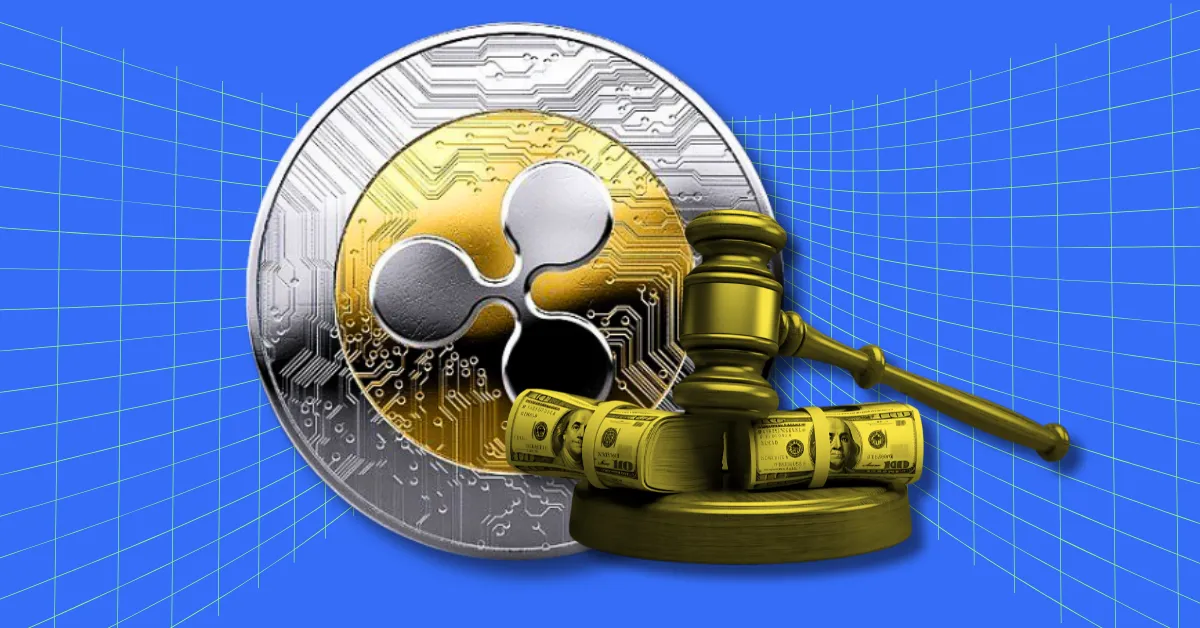
The SEC has officially appealed the case against Ripple following a landmark ruling on August 7, in which Ripple was ordered to pay a civil penalty of $125 million, although the regulator asked for $2 billion. The rationale is that the district court’s decision conflicts with longstanding Supreme Court precedents and established securities laws.
Ripple’s CLO, Stuart Alderoty, expressed his disappointment with the SEC’s decision. Calling the lawsuit “irrational” and “misguided” from the start, he said the court had already rejected the SEC’s claim that Ripple acted recklessly and that there were no allegations of fraud, victims or losses.
Charles Hoskinson, the founder of Cardano, in a response Alderoty’s comments ironically suggested that the ongoing Ripple case could potentially replace the Howey Test, the legal test used to determine whether certain transactions qualify as investment contracts under U.S. securities law.
Although it’s kind of a Hoskinson joke, considering Howey was set in 1946, when the founders of XRP and Ripple weren’t even involved in the project, and the Ripple case has become a major point in cryptocurrency for many market, it may not be that far from reality.
Many in the industry believe that this case is a pivotal moment for clarity on the rules surrounding digital assets, and that the outcome could set new standards in securities law regarding crypto.

